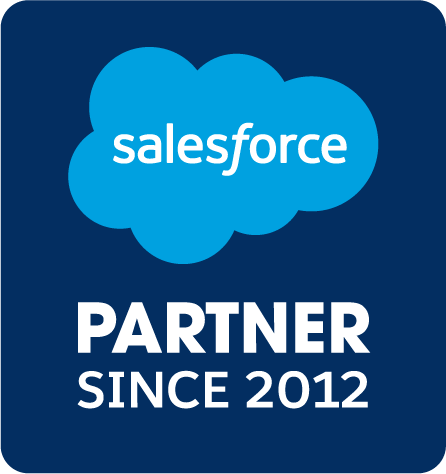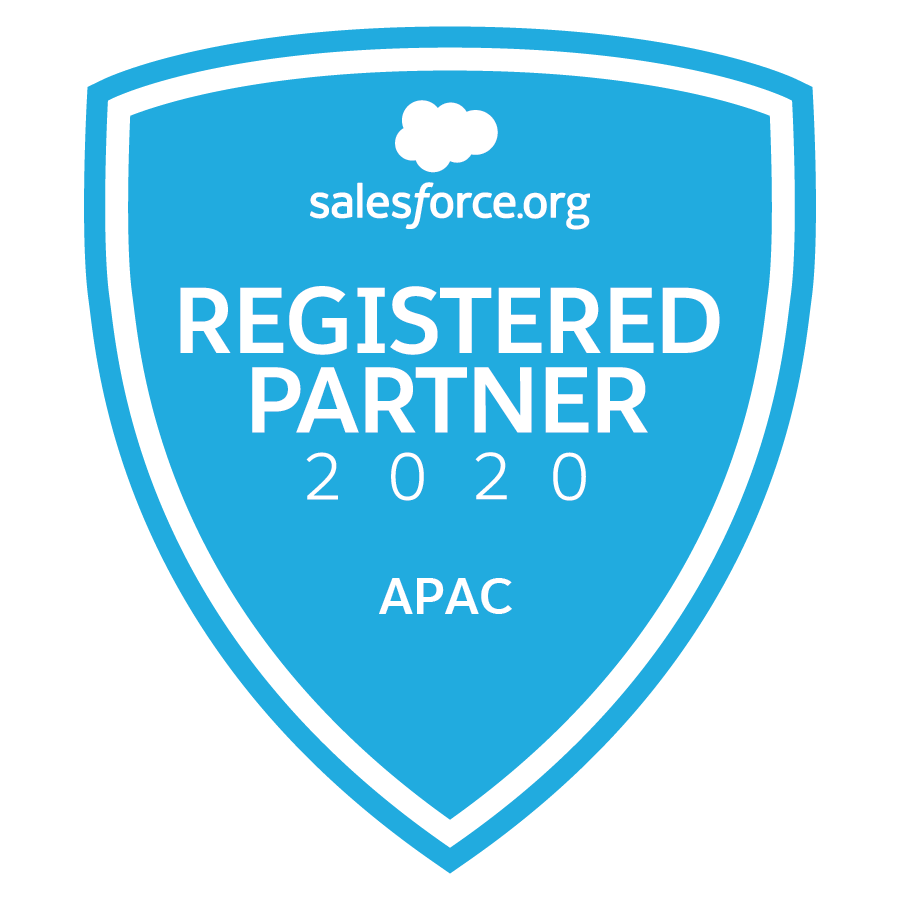This is exactly what our Salesforce Consultant Phill Holden did when he joined SalesFix. Four years after joining our team Phill is preparing to leave, but not before sharing some of the lessons he’s learnt on his journey from Salesforce admin to consultant.
Let me start this post by saying I’ve just resigned from SalesFix. It’s not too often I can start a blog with this, but sadly it’s true. After four years with SalesFix, I’ve made the decision to move on to my next challenge.
Before I leave, I wanted to share some of my experiences from the past four years of working as a Salesforce consultant, for those who are thinking about taking the leap from system admin to consultant.
Let’s start with a few of the positives (of which there are many).
Massive Learning Curve
When I started this role, I came in feeling confident I knew a lot about Salesforce, its capabilities and applications. After all, I’d been working on the platform for 5 years, surely that was enough? Oh, how wrong I was! The first 6-12 months were a massive learning curve for me. I very quickly learnt how to configure Salesforce in the ‘best practise’ ways while working with an awesome team of professionals who were able to coach me, particularly when working on a variety of projects, each with their own unique requirements and solution designs.
Variety of Salesforce implementations
One of the reasons I wanted to take up a consulting position was to see first hand the different applications of Salesforce. Prior to working at SalesFix, I’d only worked on one Salesforce instance, albeit in different roles, so the opportunity to work with different clients across different industries, each with their own use case for Salesforce was excellent. The experience has given me a ‘personal library’ of solutions to all kinds of requirements, which will always serve me well in any Salesforce role I embark on.
Working with some great people and great teams
I’m aware this one could be achieved in many places, and not just a consulting role, however, I think the consulting role has allowed me greater access to work with some great people. From my team to third party providers I’ve worked with when working on customer solutions, and, of course, the customers themselves, the role allowed me direct access to a range of highly skilled individuals. I got to live within their world for a period of time whilst we configured a platform that does something amazing for their business processes or solves a problem. Being a part of their world was an absolute privilege.
Certification Recognition and Access to Salesforce Training
I started this role with just my Salesforce Admin certification. I’m leaving as a x6 certified Salesforce professional which I think is pretty awesome! There’s always support to keep improving and growing within the Salesforce ecosystem, particularly with a company invested in the ecosystem, with certifications being just one aspect of this. In addition, Salesforce offers support to partners as a way of boosting Partner knowledge, and I was lucky enough to complete some of this training.
However, like anything, there’s always a few lessons to go with the positives so below are a few which I hadn’t considered before becoming a consultant.
A Different day, a different routine
I’m generally someone who doesn’t mind change; I wouldn’t say I love it, but I recognise it helps to keep things fresh. However, I didn’t realise how much of a creature of habit I am. Whereas before I’d travel to the office five days a week, in this role it’s not uncommon for my calendar to change at the last minute, seeing me travelling around in the middle of the day (woohoo – no traffic!), working from cafes, hot desking in various offices, or working from my own home office (as well as our company office of course). Whilst this is great at times, there are other times when you just want to be in the same spot, and have the chance to catch up on the to do list (or as this is Brisbane, stay in the air con and not have to travel in the scorching summer heat).
Not having all the answers straight away
Something else I had to learn how to deal with was not always having all the answers all of the time. Admittedly, I probably put a bit of pressure on myself here, but as a consultant, I felt I had to have all the knowledge on all questions asked. Fortunately, my team quickly put me in my place on this one, allowing me to acknowledge the fact that we don’t always have to know everything about Salesforce.
Asking dumb questions, making dumb suggestions and celebrating your mistakes are key components to the philosophy of Naked Consulting, which SalesFix follow. Developing a full understanding of a customer or problem and taking time to consider the best path forward often provides much better solutions than simply responding on instinct. After all, Salesforce is always changing so our options are too.
Budgets
We all dream of the perfect project, with no issues, clean sailing to a well received, no issues roll out. I guess it sometimes happens, however, more often than not there are issues that need to be ironed out, even on smaller projects. One of these is, you guessed it, budget (I’m yet to come across a project where there’s too much of it).
As a system admin in a single Salesforce org, any project you embark on, you’re already a few steps forward in that you know the company, you know (maybe) the processes, and possibly even have good relationships with the stakeholder. There’s generally also a bit more flexibility on the time that can be spent on tinkering and refining a solution to make it the perfect fit. As a consultant, we go in fresh and have to spend time learning the business, the process, building trust and relationships with the team, and then building the solution. When the budget is tight, you can see areas where improvements could be made, or more enhanced solutions configured, but unfortunately, we have to hold back and work within the budget we have available. This can be quite frustrating at times, and as much as we like to go over budget to deliver as much as we can, at some point, we have to stop.
Saying goodbye
As a project nears completion, and everything is wrapped up, eventually the time comes to hand the keys over to the customer and move on to the next project. For some projects this can be good, but when you’ve gelled with a customer team really well, and they’ve made you feel like one of their team, this can be a hard part of the job. And let’s not forget, we then have to start again to build new relationships with the next customer.
Multiple projects and multiple orgs
Interestingly, one of the pros I was so keen to experience when I became a consultant has also become one of the frustrations (sometimes). We work on multiple projects and support multiple customers, and for the most part, we manage resources and work as a team to ensure we’re all busy, but not overloaded. However, from time to time, this system isn’t as streamlined as it should be. Key steps don’t happen when they should, project scope changes, deadlines get pushed, and suddenly you have major milestones colliding on different projects with you in the middle. As the consultant, you want to be involved in every step but the reality is you simply can’t do it all. Luckily for me, I always had a great team around me who could step in when this occurred to ensure consistency for the customer.
Billable hours
I wasn’t going to include this one, but it’s a reality of the role. To know what time has been spent on which customer, you have to log it. Soon enough though you end up working the day in 15 minute chunks of time. Perhaps not all consultancies work in this way, or perhaps they do? I know for the business to work, you gotta log those hours but it can get monotonous after a while. One thing I definitely learnt over the years was to log as I go because trying to remember what you did in the morning at the end of a long day is almost impossible.
Hopefully, this has given a little insight for anyone who is thinking about taking the step up to a consulting role. It has been an awesome four years, and I have no doubt that at some stage I’ll be back in a Salesforce consulting role. I will miss the team that has basically become a second family immensely. I got to experience my first ever Dreamforce with SalesFix (and hopefully not the last, based on this year’s events), which I’ll never forget, and have had so many great moments. So thanks for having me guys, I’ve had a blast over the last four years, and I know you will continue to be successful with all the plans lined up.






